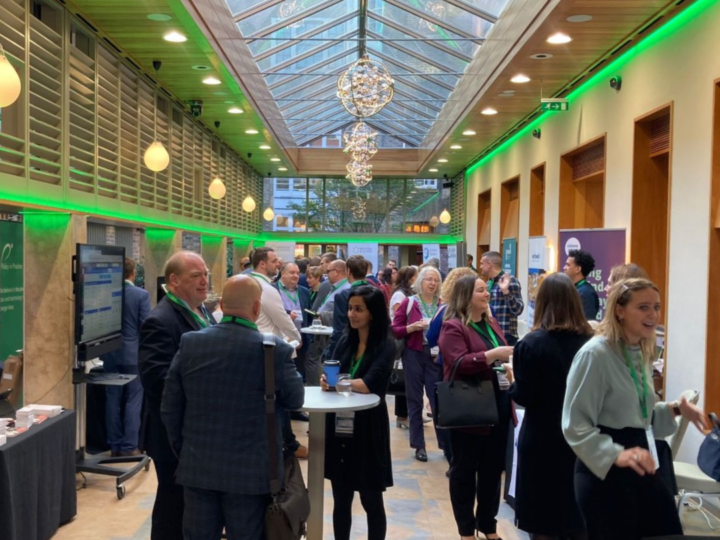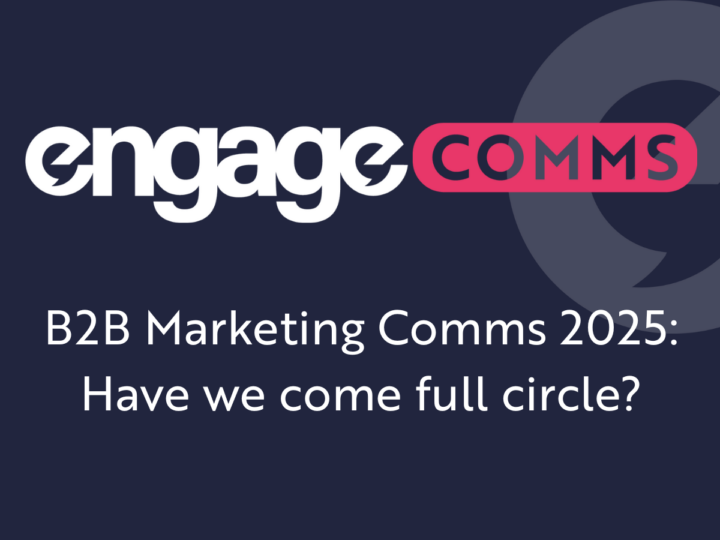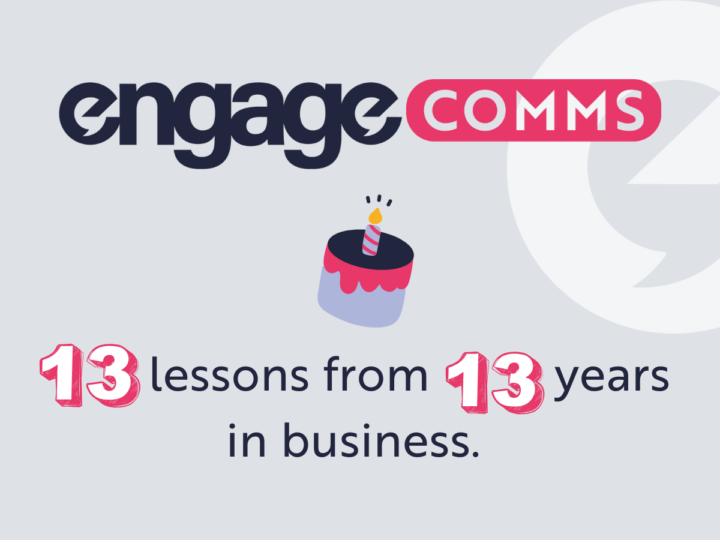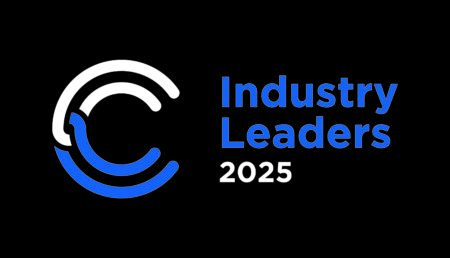Here at Engage Comms, we have been working with some of our not-for-profit clients to deliver their first physical conferences since the onset of the pandemic. After supporting clients including trade associations and membership organisations to quickly adapt to virtual interaction during lockdown, we are now enabling them to offer the ‘best of both worlds’ with a ‘quality over quantity’ approach to live events.
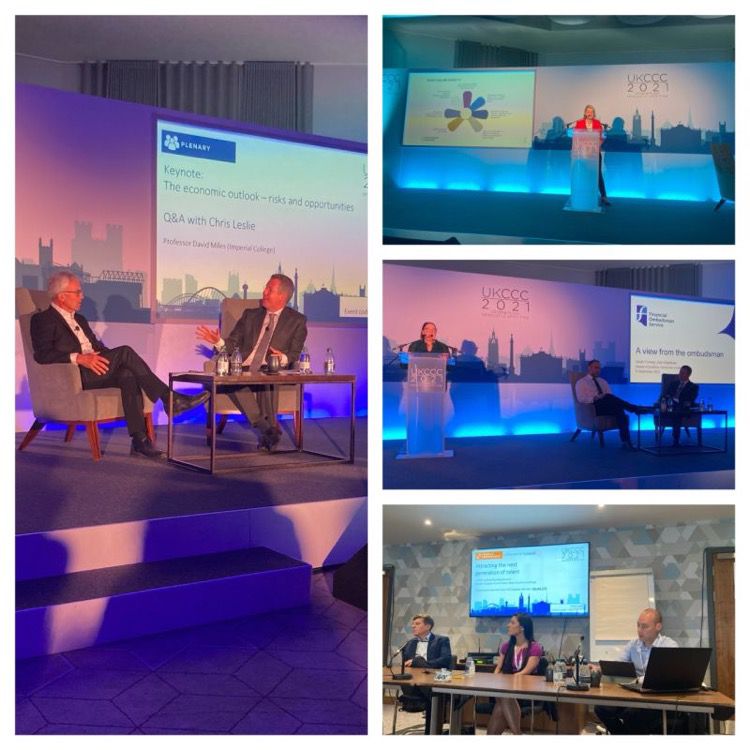
Our Director Helen Gill, who has in-depth specialist knowledge of the debt sector, was responsible for developing the programme for the Credit Services Association‘s UK Credit & Collections Conference, held in Newcastle on 9 September 2021. This was a challenge given the timing of the event in terms of sourcing speakers and coordinating everything but it was deemed a huge success by all those involved with face-to-face delegate numbers almost at pre-pandemic levels and the new faces in the speaker line-up and hard-hitting, relevant topics welcomed by all involved.
We then quickly turned our attention to Money Advice Liaison Group‘s (MALG) 2021 Conference, this time in central London on 28 October. Engage Comms works as an extension of the MALG team with responsibility for all its marketing communications activity with the conference as one of the main areas of focus as a revenue-generating event and vital opportunity to bring together stakeholders from across the credit and money advice landscape to deliver its aim of ‘working together to improve the lives of people in debt’. Again, the diversity & inclusion themed programme, which featured a hybrid of speakers in the room and engaging virtually via Zoom, was credited as one of the best in its 30+ year history.
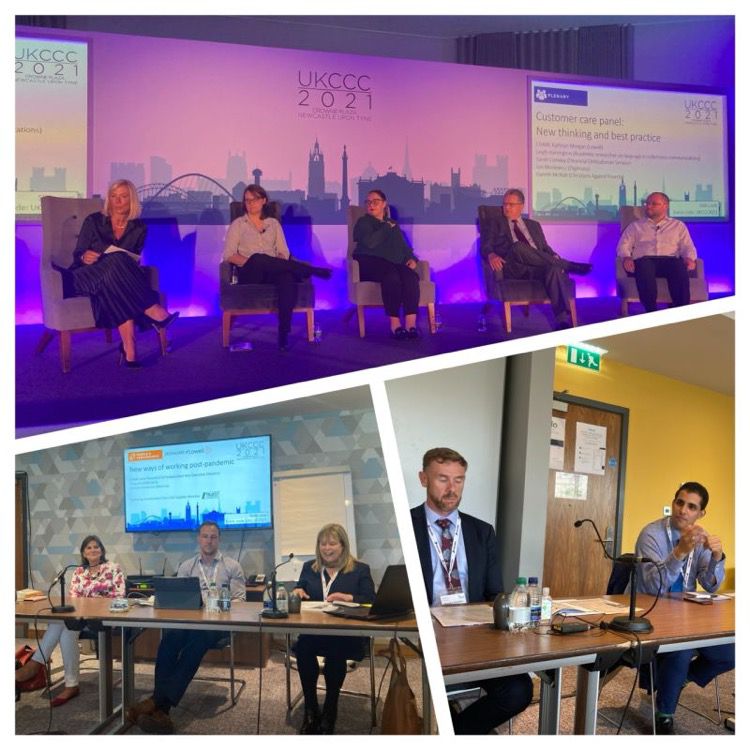
However, it wasn’t all ‘business as usual’. We are seeing some key differences when it comes to post-lockdown events which we are encouraging not-for-profit clients to use to their advantage in the longer term. With many not used to travelling and take whole days out of the office (or home office) to attend major events, delegates are much more selective about what they attend and the focus has become much more on the quality of the programme, content, and networking opportunities than on the venue, food, and social activities. This is a plus in terms of the cost of hosting events and gives organisations with a clear social purpose a renewed reason to invest in what matters most. We’ve also found that interaction with live events on social media has dipped as attendees focus on ‘being present’. This has meant we’ve had to focus more on the build-up and follow-up and less on the ‘live updates’ to drive engagement and awareness. However, we have already seen this gradually changing as people become more comfortable with shouting about the fact that they are attending large events again.
Just like the workplace, the future of professional events is likely to be a hybrid model of regular virtual meet-ups complemented by much less frequent but more engaging than ever face-to-face conferences where tangible outcomes from joint action can be garnered. And just like everything we’ve learnt from the pandemic so far, it’s important that we don’t just ‘go back to normal’ but combine the benefits of old and new ways of working to create a renewed approach.
